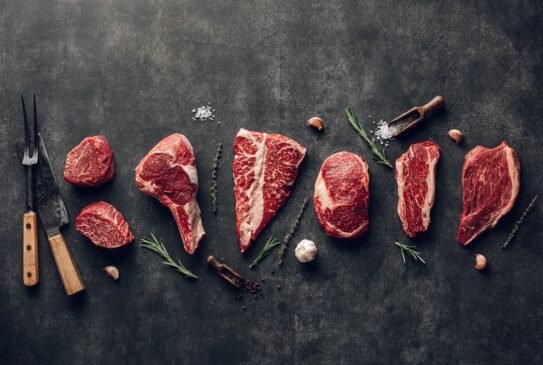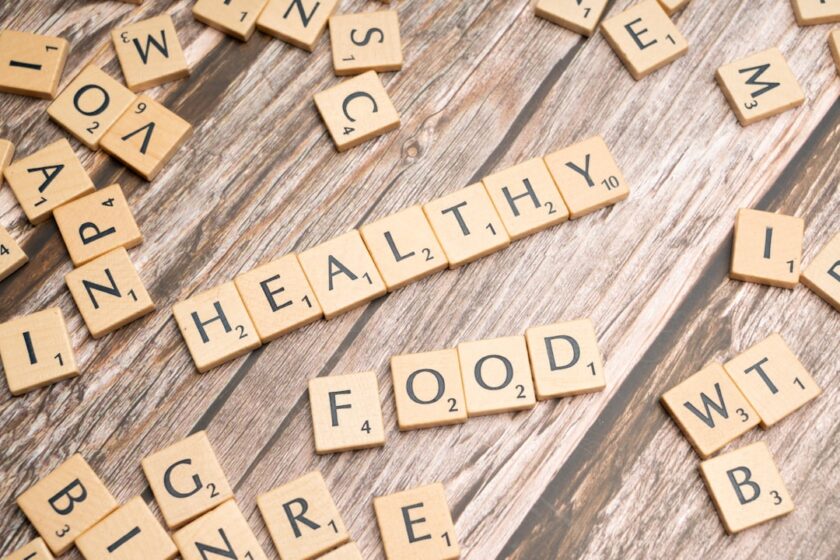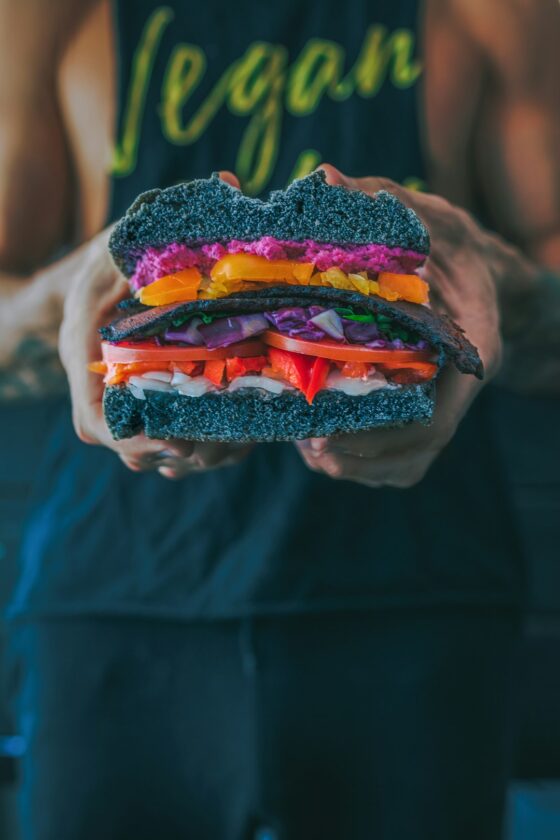What Are the Best Protein Foods?
Protein is an essential nutrient that plays a vital role in building and repairing tissues, making enzymes and hormones, and supporting overall health. Here’s a detailed guide to the best protein foods you can include in your diet.
Animal-Based Protein Sources
Animal-based proteins are complete proteins, meaning they contain all the essential amino acids your body needs. Here are some top options:
- Chicken Breast: Lean and rich in protein, a cooked 3.5-ounce (100-gram) serving provides about 31 grams of protein.
- Eggs: Whole eggs are nutritious and versatile, packing about 6 grams of protein per egg, along with healthy fats and vitamins.
- Salmon: This fatty fish offers around 25 grams of protein per 3.5-ounce serving and is rich in omega-3 fatty acids, which are beneficial for heart health.
- Greek Yogurt: A thick, creamy source of protein, providing approximately 10 grams of protein per 100 grams. It’s also a good source of probiotics.
- Beef: Lean cuts of beef offer around 26 grams of protein per 3.5-ounce serving. Additionally, beef is an excellent source of iron and B vitamins.
Dairy Products
Dairy products are another great source of protein. They not only provide protein but also calcium, which is important for bone health:
- Skim Milk: Contains about 8 grams of protein per cup, along with many essential nutrients.
- Cottage Cheese: Low in fat and high in protein, offering about 11 grams per 100 grams.
- Cheese: A good source of protein, with cheddar providing about 25 grams per 100 grams.
Plant-Based Protein Sources
For those following plant-based diets, there are plenty of protein-rich foods available:
- Quinoa: A complete protein grain that contains all nine essential amino acids, providing about 8 grams of protein per cooked cup.
- Lentils: An excellent source of protein for vegetarians, offering about 18 grams of protein per cooked cup.
- Chickpeas: Also known as garbanzo beans, they provide around 15 grams of protein per cooked cup. Use them in salads, stews, or hummus!
- Tofu: Made from soybeans, tofu contains about 8 grams of protein per 100 grams and is a great meat substitute in many dishes.
- Nuts and Seeds: Almonds, peanuts, sunflower seeds, and chia seeds are all fantastic protein sources. For example, almonds provide about 21 grams of protein per 100 grams.
Protein-Rich Snacks
Incorporating protein-rich snacks into your day can help maintain energy levels and promote muscle recovery:
- Protein Bars: Many brands offer protein bars that can contain between 10 to 30 grams of protein per bar. Look for ones low in sugar.
- Jerky: Beef or turkey jerky can be a protein-dense snack, averaging around 15 grams of protein per ounce.
- Nut Butter: A tablespoon of peanut or almond butter contains about 4 grams of protein. Spread it on whole-grain bread for a satisfying snack.
Why Is Protein Important?
Understanding the importance of protein in your diet is crucial for overall health. Here are some benefits:
- Muscle Repair and Growth: Protein helps build and repair muscles, making it essential for those engaging in regular exercise.
- Weight Management: High-protein foods can help you feel fuller longer, which may aid in weight management and reduce snacking.
- Support Immune Function: Proteins are crucial for producing antibodies that help your body fight infections.
- Bone Health: Adequate protein intake contributes to bone density and reduces the risk of fractures.
How Much Protein Do You Need?
The recommended dietary allowance (RDA) for protein varies depending on age, sex, and level of physical activity, but a general guideline is:
- Adults: 46 grams per day for women; 56 grams per day for men.
- Athletes: Protein needs may increase to 1.2 to 2.0 grams per kilogram of body weight, depending on the intensity and type of training.
Incorporating Protein Into Your Meals
Here are some simple ways to boost protein in every meal:
- Add an egg or Greek yogurt to breakfast smoothies.
- Top salads with grilled chicken, chickpeas, or nuts.
- Choose whole grains like quinoa or farro as bases for your meals.
- Use nut butters in snacks or desserts instead of sugary options.
Conclusion
Incorporating a variety of the best protein foods into your diet can offer numerous health benefits and support a balanced lifestyle. Whether you prefer animal or plant-based sources, there’s a protein-rich food for everyone! Aim for a diverse selection to ensure you are meeting your nutritional needs while enjoying delicious meals.



